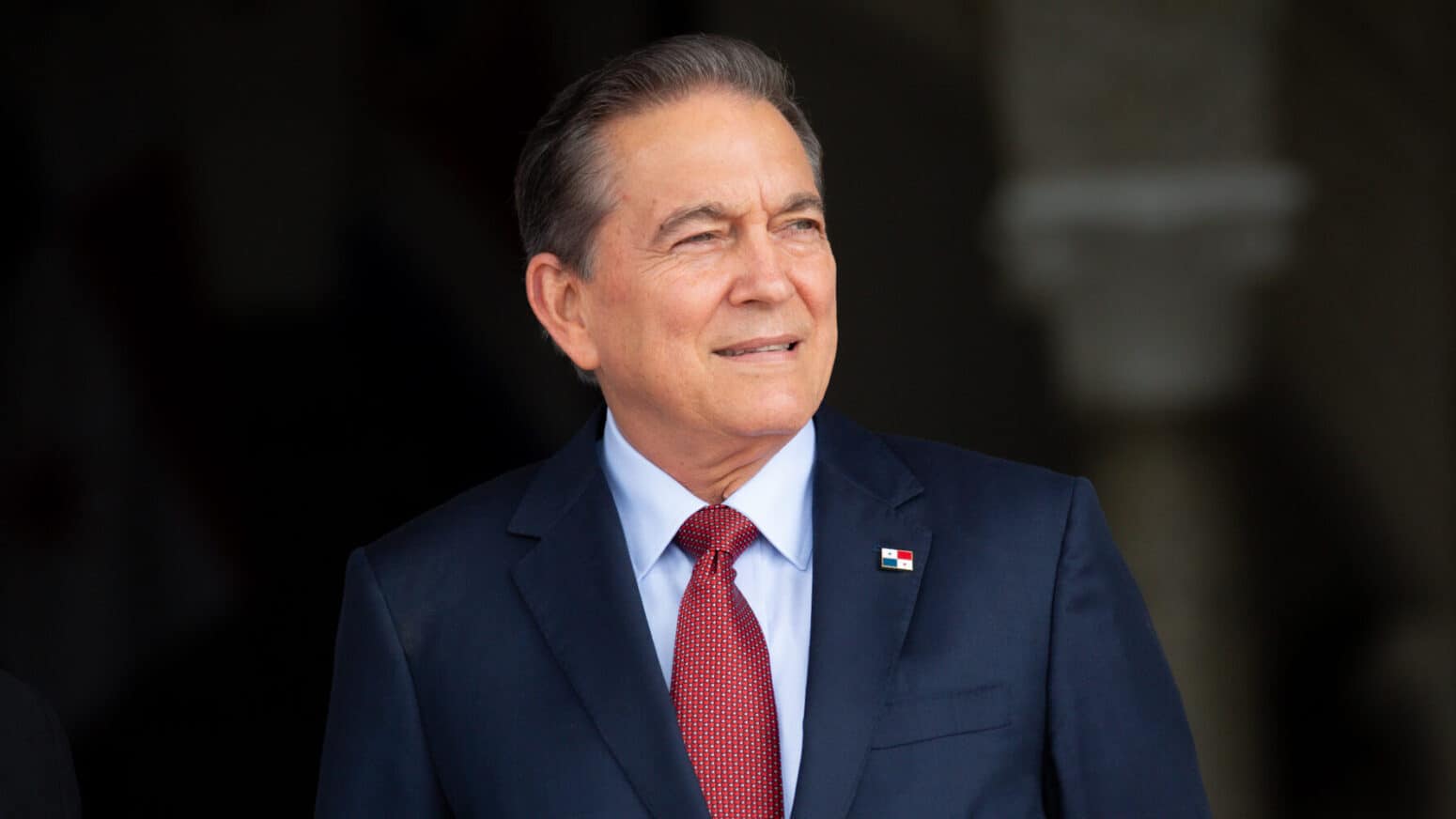Panama’s Crypto Bill Faces Setback as President Calls for Stricter AML Controls
Panama’s President Laurentino Cortizo has called for stricter anti-money laundering (AML) controls in the much-anticipated bill that aims to regulate the use of cryptocurrencies, passed by the general assembly. He also refused to sign into law until the modifications are implemented.
The President’s Take
Cortizo said he needs guarantees that the bill adheres to global anti-money laundering standards. While speaking at the Bloomberg New Economy Gateway Latin America conference in Panama City, the President added,
“If I’m going to answer you right now with the information that I have, which is not enough, I will not sign that law. I have to be very careful if the law has clauses related to money laundering activities. Anti-money laundering activities are very important to us.”
Global intergovernmental watchdog – the Financial Action Task Force (FATF) – earlier added Panama to its Grey list in June 2019. After this, the offshore hotspot’s financial leaders assured it would commit to several measures focused on strengthening its anti-money laundering (AML) and fighting the financing of terrorist (CFT) regimes.
While Cortizo believes the crypto law is “innovative,” he revealed waiting for global regulation of the asset class.
“It is an innovative law from what I have heard, it’s a good law. However, we do have a solid financial system here in Panama and one of the things I’m waiting on is when you have a global regulation of crypto-assets.”

The Bill Itself
The lawmakers in the Latin American country approved a bill that would regulate the use of Bitcoin and eight other cryptocurrencies while also aiming to pay taxes and private transactions.
A copy shared by Gabriel Silva, a Panamanian lawmaker, revealed that citizens, banks, and legal entities in the country will be allowed to use Bitcoin, Ethereum, XRP, Litecoin, XDC Network, Elrond, Stellar, IOTA, and Algorand, as a means of payment in both civil and commercial capacities “without limitation.”
As reported earlier, Panama’s bill contained similar stipulations as its neighbor El Salvador’s Bitcoin Law. It would also enable government agencies to migrate public records to blockchain technology, a move many consider would transform the country into a digital hub in Latin America and attract investments from financial technology firms.









